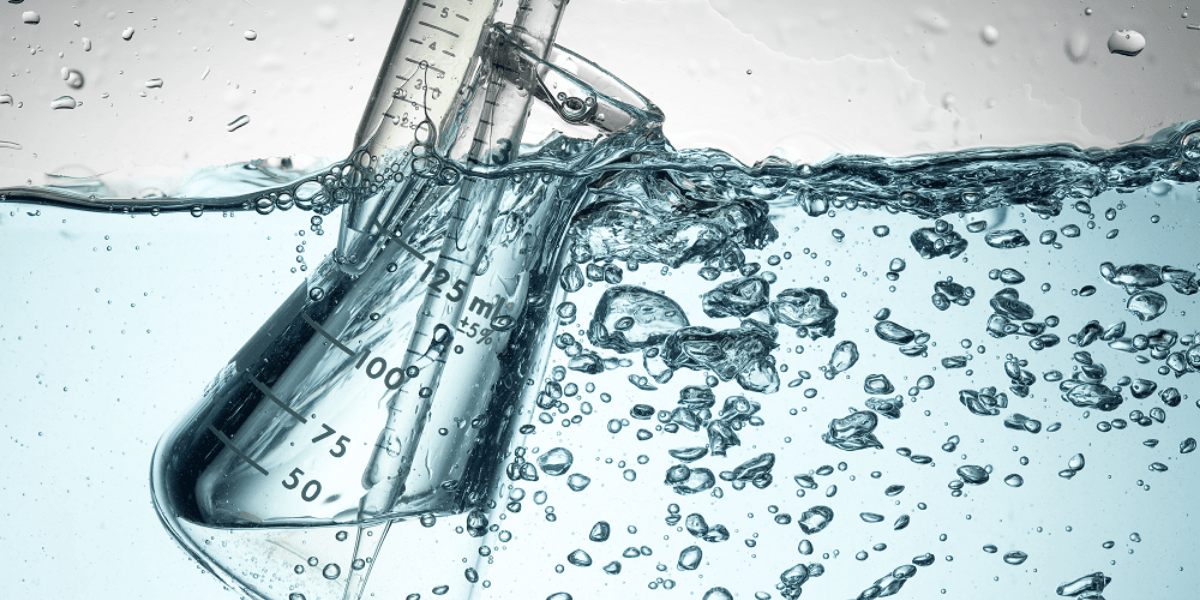What is the difference between acetone and acetate? To adequately explain the differences between acetone and acetate, it is important to define each individually.
What is Acetone? Acetone is one of the most common organic solvents available today. It is a highly flammable compound with a pungent odor that is easily recognizable. Acetone is often found in products like nail polish remover and in paint thinners. Being a solvent, it is also often used as a paint stripper and industrial cleaning agent. Other applications that involve acetone include the removal of dried glue, cleaning 3D printers, and laboratory processes.
Historically, acetone is said to have been first produced in the early 17th century by the process of distilling lead acetate. Various scientists in the following 200 years developed the chemical equation breakdown of acetone but the first industrial production of acetone was developed by Chaim Weizmann and naturally named the Weizmann Process.
What is Acetate? Acetate is, for intents and purposes a salt, that is formed when acetic acid is combined with an alkaline base. Broadly meaning, a negatively charged ion that is considered exempt from being a volatile organic compound (VOC)
The key difference between acetone and acetate is that acetone is a naturally occurring compound and acetate is an ingredient created as an additive for other substances. Acetate is a common additive in products like cosmetics, cleaning supplies, and textiles
While the technical and chemical jargon can seem to be confusing, contacting us at Ecolink and consulting our expert chemists and technicians, can help you to determine which product is better suited to your cleaning applications.
Benefits shopping for Acetones or Acetates with Ecolink offer you:
- Bulk Supply – Ecolink offers bulk sizing for all its chemical products. This includes 5- gallon buckets and 55-gallon drums to accommodate facilities of different sizes and provide greater discounts for bulk purchases
- Knowledge and Experience – Our chemists here at Ecolink have over 30 years of knowledge and experience to provide our clients with expert advice and ensure you choose the best chemicals for your applications while understanding the proper use and storage instructions to keep yourself and your facility safe.
- High Quality – You can trust that the chemicals you receive from Ecolink are the highest quality, stable, and safe to handle with proper use.
- Eco-Friendly – In addition to a large list of traditional chemicals, Ecolink also offers an environmentally conscious line of green chemicals alternatives. Ecolink is dedicated to reducing the carbon footprint of the chemical industry and can help you make your practice more sustainable.
Want To Learn More About The Difference Between Acetone and Acetate?
If you are in need of acetone or acetate Contact Ecolink here and learn about the right chemicals for your needs.















